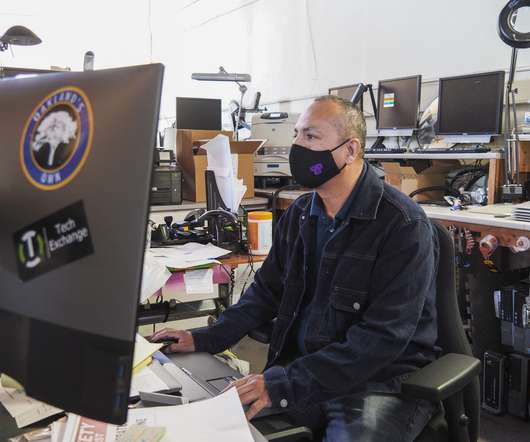Is a Backpack the Key to Closing the Homework Gap?
EdTech Magazine
AUGUST 15, 2019
Millions of students lack the ability to access the internet from home — a problem compounded by increasing expectations from educators that students do so to complete homework and research. . Fourteen percent of children ages 3 to 18 lack home internet access , according to National Center for Education Statistics data.






















Let's personalize your content